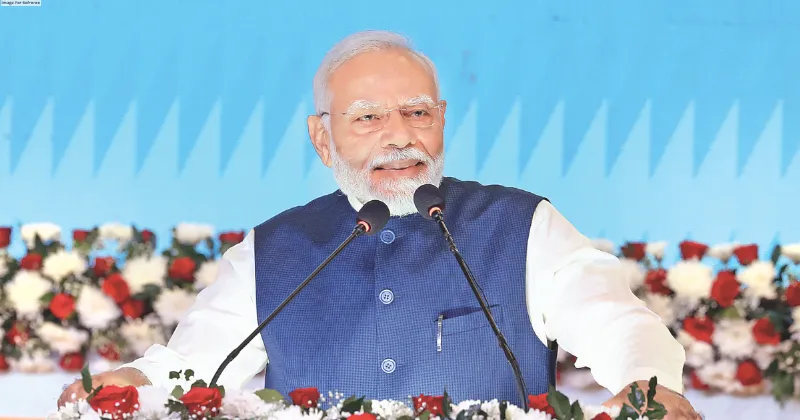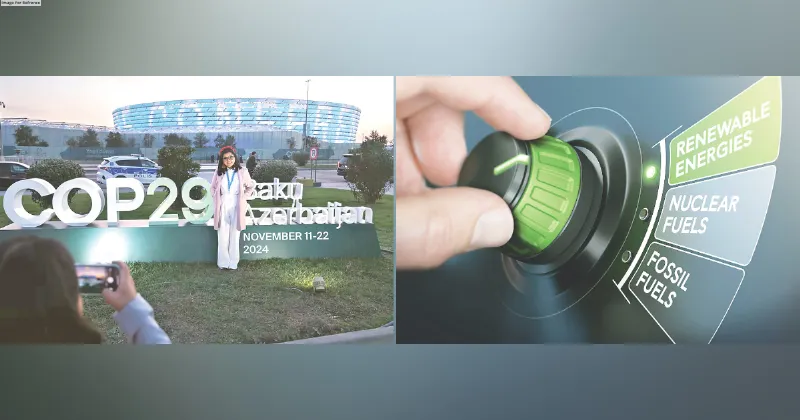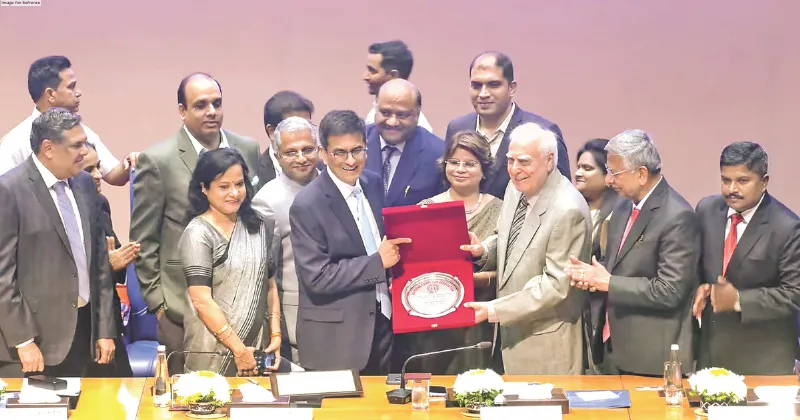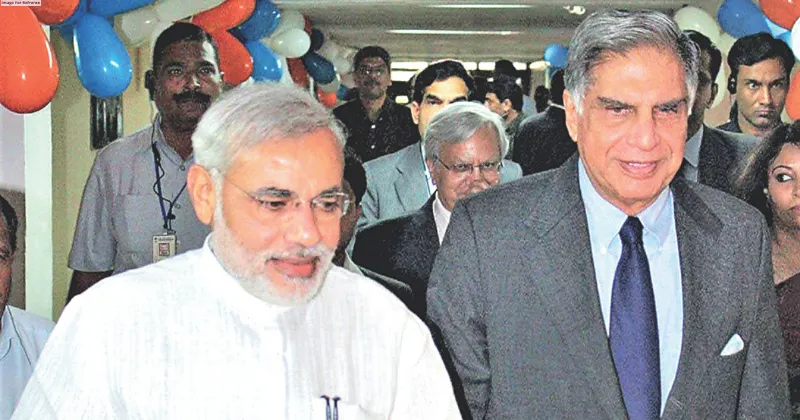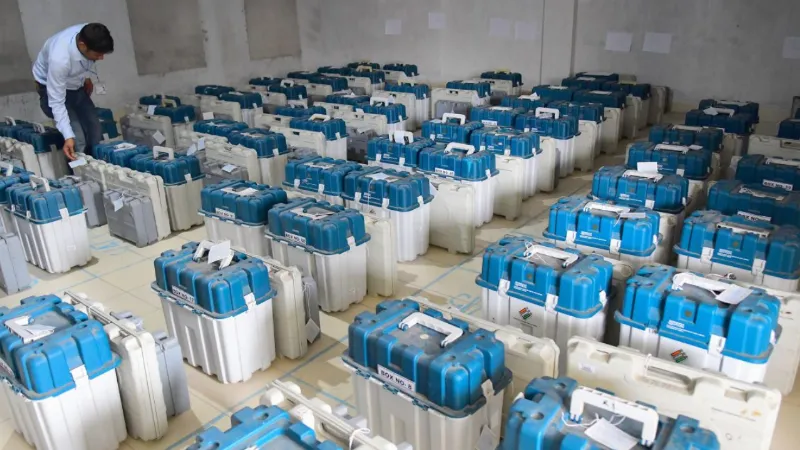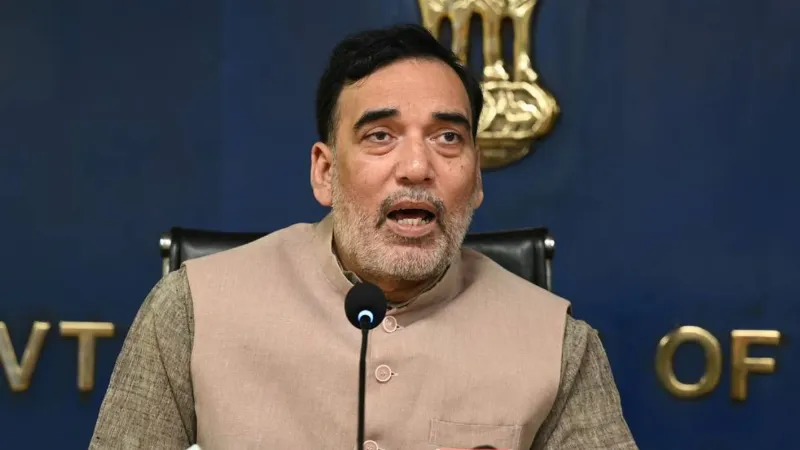NATIONAL EDUCATION POLICY BUILDING INDIAN HUMAN CAPITAL

The introduction of National Education Policy (NEP) 2020 in India comes at a point when the knowledge landscape is evolving. The 21st century, as we know it, post covid has brought about a multitude of economic and social implications throughout the existing education systems, practices and policies. The digital era also brings about the need for revisiting and envisioning the educational systems in a quickly changing employment landscape and global ecosystem.
The previous policies in education catered to the issues of access to education and achieving ‘education for all’ agenda. India has made significant advancements since these policies were introduced. As we realise the need to move beyond different education programs, the NEP 2020 brings to us a consolidated education system, embedding education through social and cultural integration, skills-based learning and competency-based outcomes. The New Education Policy (2020) provides a pathway to develop the human capital of the nation through the centrality of vision that directs through sustainable improvements throughout the educational structures. This offers a unique opportunity to build an India of knowledge.
The current education policy stresses upon the importance of ‘learning how to learn’. It brings about a shift in the mindset and perspective of the learner as well as the teacher. It also encourages parents to move beyond the expectations around the need to ‘cover’ the entire syllabus and create learners who are responsible for generating, gathering and presenting evidence in their autonomy to learn independently.
The NEP stresses upon the importance of skill based experiential learning throughout the formal education years. It gives students an opportunity to demonstrate competency by applying knowledge and exposing them to variety of skills across diverse and complex environments. Primarily from the learner perspective, one of the agendas of NEP is fostering citizenship across various levels—local, regional, national, supranational, and global and building ability to address issues and develop responses suited at each level. It has created a new vision and structure that will create a pool of competencies that are considered benchmarks for employability across sectors and nations.
The overall intent of the policy is to create structures and procedures for climbing up the skill-based ladder. It encourages the view of learning as a cycle that begins from the primary and carries till lifelong learning opportunity. The new education policy changes the perspective of learning to be seen as an opportunity to re-skill rather than learning just the latest technology. By creating systems to develop competencies that are valued by employers, The National Education Policy strongly supports ‘TRANSITION from EDUCATION to EMPLOYMENT.’
Academic degree is a qualifying mechanism – it is the skills/competencies that employers are looking for. The first step towards employment is knowing ONESELF in terms of abilities, skills, interests, and personality. This can be achieved through Career tests that help identify potential career paths. This aspect of NEP does not require a huge amount of infrastructural support and possibly be most relevant in aligning with the aspirational goals of 21st century students. The NEP provides for creating an individual profile by helping students choose their subjects of study as per their abilities, skills, interests. This will help them create an individualised study plan and also develop skills required for professional practice throughout the process. Through NEP, the individual will be able to find careers that will keep them engaged, utilize skills effectively in real-life situations. People around the world often share similar desires for job security, opportunities for advancement, work-life balance, and fulfilment in their careers. All aspire to find meaningful work, achieve financial stability, and pursue their passions. This approach is established throughout the education systems across Europe, USA, Canadian and Australia. The educators, students and parents are all stakeholders in making and implementing informed educational and occupational choices in the process of providing a pathway to a sustainable and enriching career.
THE VIEWS EXPRESSED BY THE AUTHOR ARE PERSONAL
Dr Himangini Rathore Hooja The writer is MA, PhD, Senior Assistant Professor in Psychology at IIS University, Jaipur

